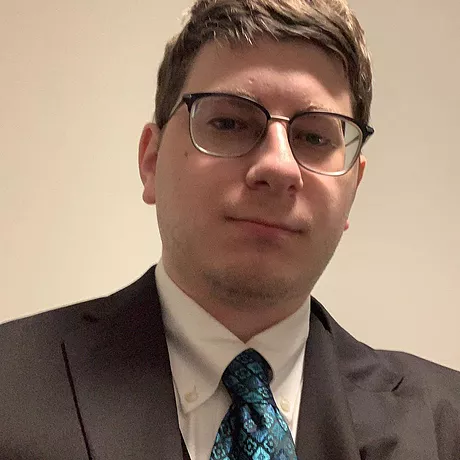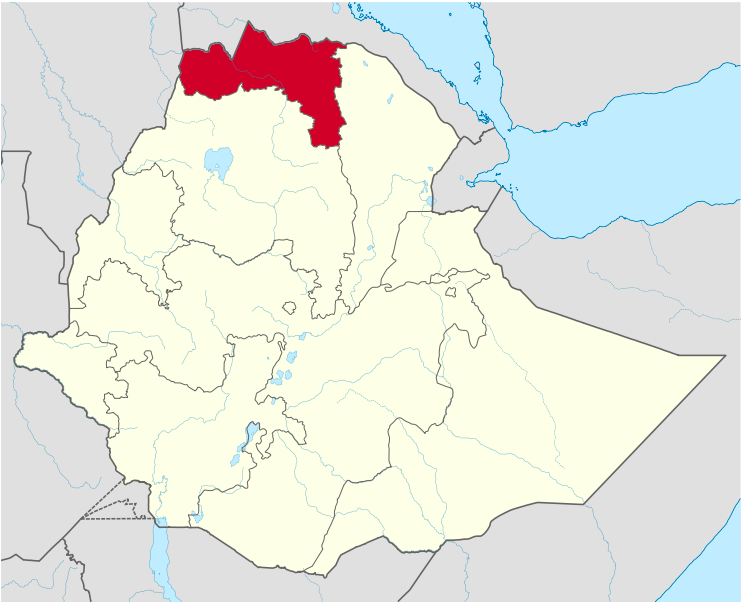
Who Watches The Journalists: Journalists’ Freedom from Harassment or Social Criticism?
Corporate media has not been spared from public alienation in this populist age of discontent toward and disillusionment of America’s social and political institutions. This is evident from the fact that in the year 2021, the American people’s trust in the accuracy of reporting from corporate press reached its second lowest score on record- with only 36 percent of people placing their confidence in mass media. In effect, the majority of the American public do not trust their own corporate media. This has sparked a debate on whether the corporate press is fair and balanced in its coverage of issues of public concern and whether much of the criticism can be dismissed as coming from a malicious place. A recent policy change announced on October 13th by Facebook, a social media platform, that they will count political activists and journalists as “involuntary” public figures, entitling these figures to increased protections from bullying and harassment, touches a chord within this greater discussion. While bullying and harassment are obviously terrible things, such a policy could be abused to flag criticism of any kind as bullying and harassment. Under the current wording of how Facebook will purport to remove posts that they deem to be harassment, calling someone “a dirty ugly smear-merchant” could technically qualify as being removable due to using what could be negative physical descriptors (dirty or ugly) to attack someone as being dishonest. While one may find that such metaphors in this description are colorful or crude, supposing whether the person who is attacked engaged in unsavory or dishonest practices may give weight to such an accusation. Regardless of the particulars of the policy itself, the hypocritical notion that journalists themselves are immune from being effectively counted as public figure while they play a part in determining who is a public figure can be seen as problematic given the avenues of misuse and abuse that this policy invites.






